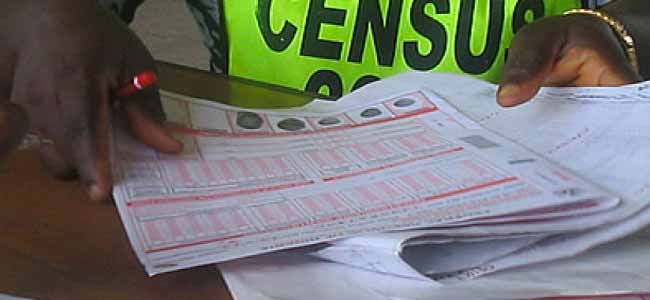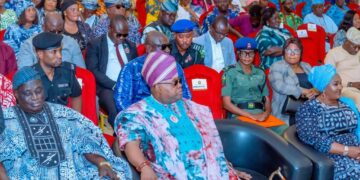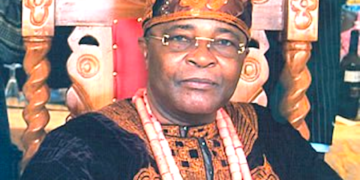Amid Nigeria‘s myriad of socio-economic challenges, the prolonged delay in conducting the population and housing census has emerged as a prominent worry for citizens nationwide.
Eagerly awaiting the crucial census, Nigerians are increasingly vocal about the necessity of accurate data to tackle pressing issues affecting the country.
Against a backdrop of economic volatility, security concerns, and demographic shifts, the urgency for timely and precise census data has never been more evident. From equitable resource allocation to informed policy-making, the census plays a pivotal role in shaping governance at all levels.
The lingering uncertainty surrounding the census timeline has sparked widespread apprehension among Nigerians, who are keen to participate and ensure their voices are heard. Many express fears that further delays could exacerbate existing inequalities and impede progress towards development objectives.
Stakeholders, ranging from civil society to academia and government officials, emphasise the imperative of expediting the census process. They underscore its significance in guiding evidence-based interventions and targeted initiatives.
Furthermore, amidst the challenges posed by the COVID-19 pandemic and economic hardships, the necessity for comprehensive demographic data to inform public health responses is underscored. A timely census would facilitate an understanding of population dynamics and equitable distribution of healthcare resources.
Speaking with LEADERSHIP Michael Abe, a civil engineer and property consultant, stressed that a comprehensive census should encompass changes in fertility, mortality, migration, and the labor force, while also capturing socio-economic realities and providing detailed demographic profiles.
Highlighting Nigeria‘s failure to conduct a credible census since 2006, Abe notes the clash in population estimates, emphasizing the need for updated and reliable data.
Reflecting on Nigeria‘s census history, it‘s noted that while censuses date back to British colonial rule, the last conducted census was in 2006, leaving a significant gap in demographic information.
Under President Muhammadu Buhari‘s administration, substantial preparations were made for the 2023 Census and Housing Population, only to be put on hold by the subsequent administration led by President Bola Ahmed Tinubu.
Amos Iorlaha, a mass communication graduate, underscores the critical role of a reliable census in government planning, particularly in bolstering social security programmes for vulnerable Nigerians. He emphasized the urgency of conducting a new census to update demographic and socio-economic data, crucial for national planning and sustainable development efforts.
He added that a timely and accurate census is not only a governance necessity but a fundamental step towards addressing Nigeria‘s socio-economic challenges and fostering sustainable development.





